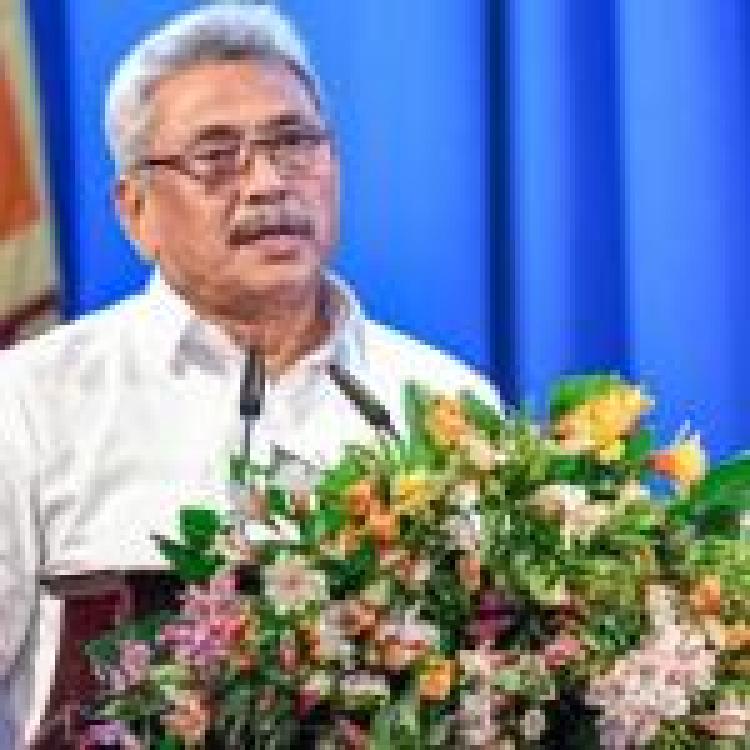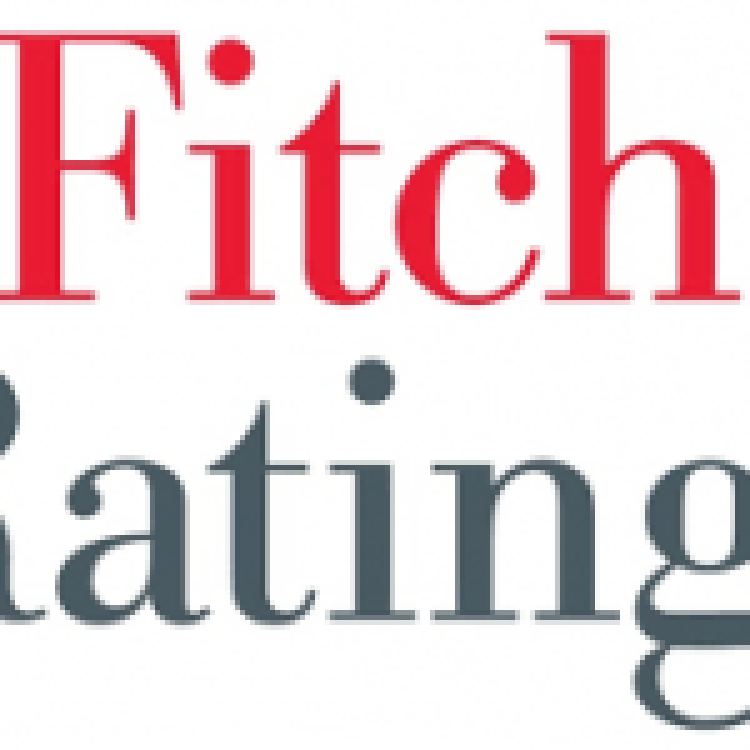![]()
Former Sri Lankan Prime Minister, and leader of the UNP, Ranil Wickremesinghe, has called for an embrace of market economics as Sri Lanka continues to struggle with the economic consequences of the coronavirus pandemic.
Sri Lanka’s debt problem
During his webinar, Wickremesinghe stressed the difficulties Sri Lanka would face as the country would likely need to obtain commercial loans at higher rates to fund the recovery of their economies.
Wickremesinghe notes that emerging markets have debt in excess of 3.2 trillion USD awaiting repayment this year. Sri Lanka, in particular, is facing a debt crisis as it has external debt amounting to 3.2 billion USD, from May to December 2020, and this includes 1 billion USD worth of debt due in October.
This statement follows Sri Lanka’s downgrading from Fitch which raises concern’s over the country’s creditworthiness.
Declining exports and tourism
Sri Lanka’s economy is expected to decline by 1.5 per cent in 2020 and has witnessed a steep decline of 82 per cent in exports in April 2020 compared to the same month last year. Similarly, Sri Lanka’s apparel exports drop by 81.78 in April when compared to April of last year. This is due to the pandemic which has forced not only a decline in exports but also a shutdown of tourism as airports and ports are closed off. Since March 18, Sri Lanka has not seen any new tourists.
On this trend, Wickremesinghe stated:
“We have seen a decline in demand for our exports in Europe and the US, the pandemic is forcing us to turn our attention to Asia. If we do so we can create a new global market-place that will benefit all Asian countries.”
The UNP warns that with rising debt, increasing spending in health care, and declining exports the country will need “to seek out alternative forms of revenue”.
Alternative forms of revenue
In their statement, the UNP stresses that “the burden of financial recovery would be too great for the State alone to handle” and instead encourages the promotion of the private sector alongside tax concessions.
With respect to the private sector, Wickremesinghe said:
“Our scale of private sector businesses in Asia are much smaller than that seen in the US or Europe, not only must we promote new businesses, but we must also protect the existing businesses from going bankrupt”.
Read the UNP full statement here.


